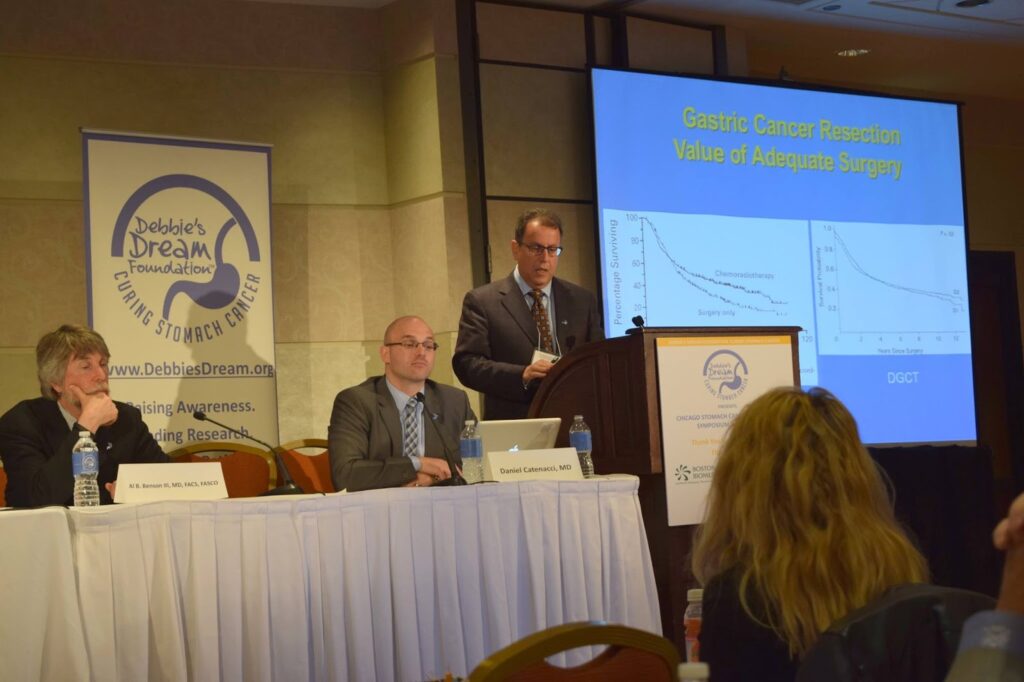Five Cancer Therapies to Get Excited About in 2023
University of Chicago Oncologist Daniel Catennaci MD sees modern oncology as ushering in a golden age of cancer treatment. In this article, Dr. Catennaci identifies five breakthroughs that are rewriting the cancer treatment paradigm by creating therapies optimized for each patient.
Genetic Testing

Prevention, the familiar saying tells us, is superior to cure. Millions of people are at risk for developing cancers but don’t know it. Perhaps more than any other development in the field of oncology, Dr. Daniel V. T. Catenacci opines genetic testing can identify people and families at elevated risk for cancer and then help design therapies to reduce the risk of developing the disease. Many patients, of course, present mutations that do not fit the classic model of disease, but computational methods combined with testing are helping cancer researchers meet the challenge.
Targeted Immunotherapies
Immune-system modulators, vaccines, monoclonal antibodies, checkpoint inhibitors, and CAR-T therapy are just a few growing treatments for recruiting the patient’s immune system into the fight against cancer.
Chimeric Antigen Receptor-T Cell (CAR-T) therapy re-engineers the DNA inside the patient’s T-cells to enable them to recognize markers on blood cancer cells. A single treatment can bring the patient into remission. CAR-T therapy is already approved by the FDA (making it covered by most insurance) for certain kinds of leukemia and lymphoma and has a success rate approaching 90 percent.
Simultaneous Diagnosis and Treatment
Computational advances have also led to entirely new applications of radiation. Devices that can account for the movement of the patient can treat multiple tumors in patients at the same time they are being located, thanks to the ability of machines to account for the movement of the patient’s body. Precise targeting of cancer tissues spares healthy tissue and greatly accelerates the timeline for recovery.
Pressurized Intraperitoneal Aerosol Chemotherapy
One of the limitations of IV chemotherapy has always been that it has to travel through the body to reach its target. This greatly limits the efficacy of chemo given by IV to ovarian and pancreatic cancer patients. A new approach to administering chemo, called pressurized intraperitoneal aerosol chemotherapy, of PIPAC, sprays the chemotherapy agent directly on cancer, significantly increasing the odds of success.
Diversity in Clinical Trials
Age, race, gender, ethnicity, and sexual orientation are critical factors in cancer development, but many clinical trials have failed to consider diversity. The University of Chicago hospitals are committed to providing care for all patients, beginning with the selection of patients for testing new drugs and new treatments that may save lives.
About Daniel Catenacci MD
Daniel Catenacci, MD, is an adult gastrointestinal medical oncologist. He served as director of gastrointestinal oncology at the University of Chicago Medicine in Chicago and was assistant director of translational research at the Comprehensive Cancer Center.

